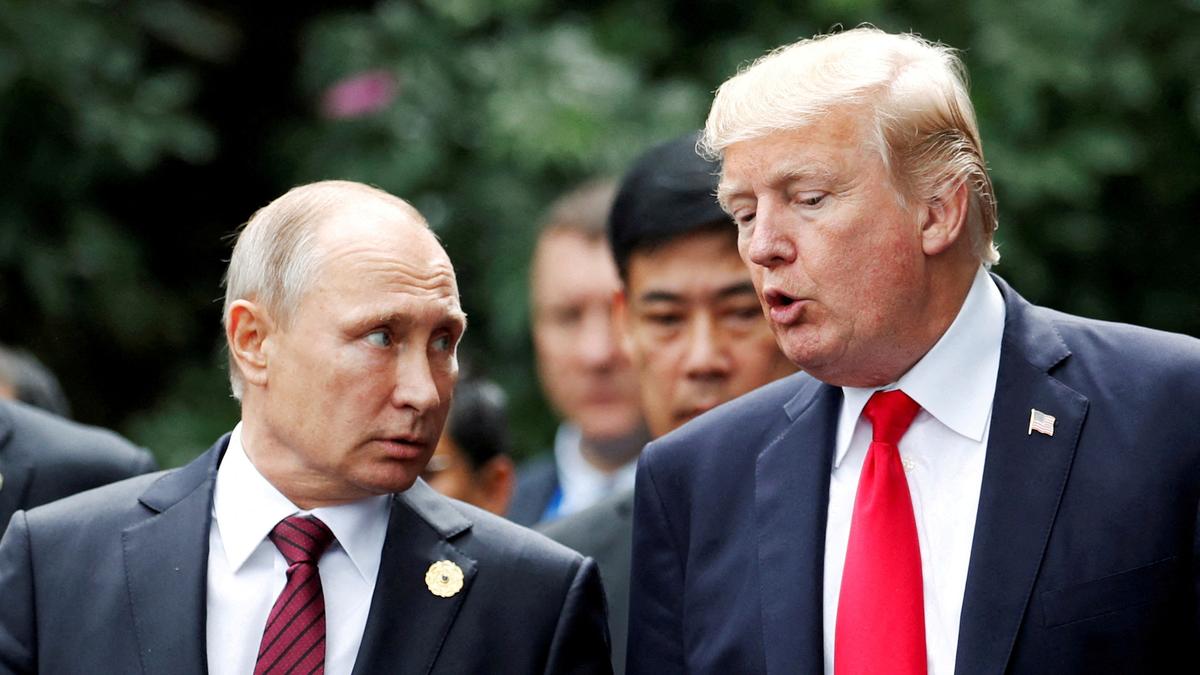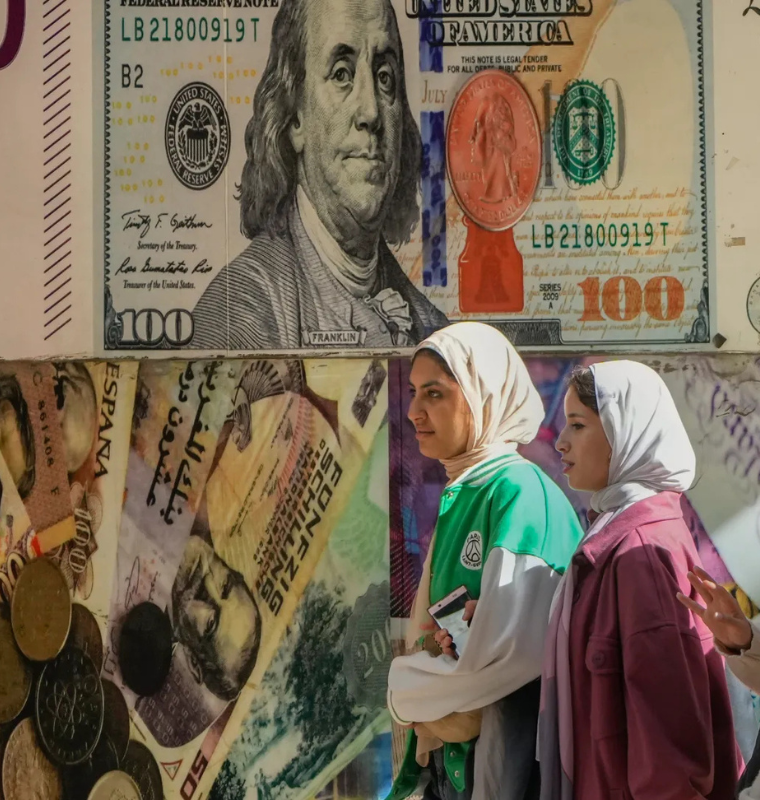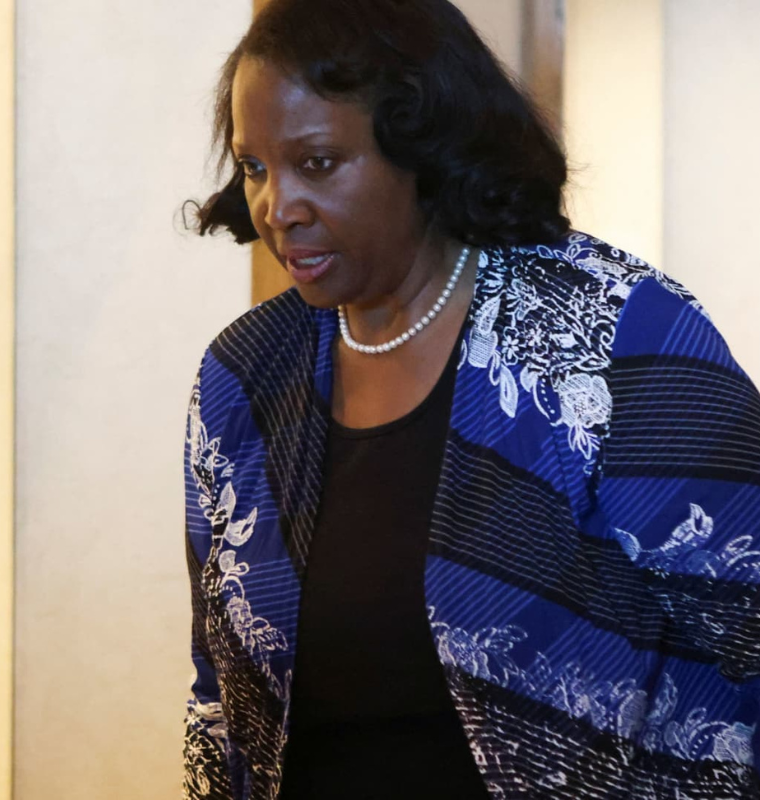European Leaders Unite in Firm Support of Ukraine Ahead of Trump-Putin Summit in Alaska
European Leaders Unite in Firm Support of Ukraine Ahead of Trump-Putin Summit in Alaska
By
Junia Wells
Last updated:
August 11, 2025
First Published:
August 11, 2025

Photo: The Hindu
Strong European Backing for Ukraine’s Sovereignty
In a united front ahead of the much-anticipated Alaska meeting between U.S. President Donald Trump and Russian President Vladimir Putin, European nations have reaffirmed their unwavering support for Ukraine. They stressed that a lasting resolution to the ongoing conflict cannot exclude Kyiv’s voice or compromise its territorial integrity.
The war, now entering its fourth year, has devastated Ukraine, with tens of thousands of casualties and widespread displacement. European leaders emphasize that peace negotiations must be “just and lasting,” rooted in respect for international borders and security guarantees for Ukraine.
The Upcoming Trump-Putin Meeting and Its Global Significance
Scheduled for next Friday on U.S. soil, the Trump-Putin summit is being closely watched worldwide as a potential turning point in the conflict. President Trump has publicly stated that ending the war will be the central focus of the talks. However, his openness to “some swapping of territories” as part of a peace deal has ignited fears that Ukraine could face pressure to cede land or limit its sovereignty.
A White House official disclosed that while Trump remains open to a trilateral summit including Ukrainian President Volodymyr Zelenskyy, the immediate plan is a bilateral meeting with Putin, as requested by Russia.
Meanwhile, U.S. Vice President JD Vance engaged with European and Ukrainian leaders at a British Foreign Secretary’s residence to strategize further on conflict resolution.
Kyiv’s Position: Refusal to Cede Territory
Ukrainian President Zelenskyy has expressed gratitude toward European allies, stating, “The end of the war must be fair,” and firmly rejecting any territorial concessions.
Despite private indications that Ukraine may have limited military options to reclaim all lost lands, Zelenskyy publicly maintains that surrendering Ukrainian territory is unacceptable. His top aide, Andriy Yermak, highlighted ongoing diplomatic efforts to strengthen Ukraine’s negotiating stance ahead of the summit.
European and U.S. Perspectives on Negotiations and Security
A joint statement by leaders from the European Union, France, Germany, Italy, Poland, Finland, and the United Kingdom called for meaningful negotiations only under conditions of ceasefire or hostilities reduction. The statement emphasized Ukraine’s right to self-determination and condemned any attempts to redraw borders by force.
U.S. Senator Lindsey Graham, a vocal supporter of Ukraine, underlined the importance of negotiations but insisted on robust security guarantees for Kyiv, including maintaining a strong defensive presence as a deterrent to Russian aggression.
Sanctions and Pressure on Russia Intensify
European leaders, including German Chancellor Friedrich Merz, are pushing for increased sanctions to compel Moscow toward a peace settlement. Merz emphasized that “Putin only acts under pressure,” a sentiment echoed by Mikhail Kasyanov, a former Russian prime minister, who believes economic strain will drive Moscow to negotiate seriously.
Recent U.S. actions include secondary sanctions targeting countries purchasing Russian oil, such as India, aimed at tightening the economic noose on Russia. NATO Secretary General Mark Rutte praised these measures, highlighting the strategic effort to pressure Putin into ending the war.
Challenges Ahead: Divergent Positions and Diplomatic Complexity
Russia continues to demand significant concessions from Ukraine, including territorial withdrawals and abandoning NATO aspirations. Moscow’s military advances, particularly its encirclement tactics in eastern Ukraine, have bolstered its bargaining power, complicating peace efforts.
Experts warn that any agreement involving Ukraine giving up territory would be politically fraught and deeply painful. For Kyiv, maintaining sovereignty is paramount, even as it navigates complex diplomatic terrain.
Diplomacy at a Crossroads
As the Alaska summit approaches, the international community watches closely. European leaders’ firm stance supports Ukraine’s sovereignty and a fair peace, while the U.S. prepares for a high-stakes dialogue with Putin. The outcome could reshape security and stability across Europe and beyond, underscoring the delicate balance between diplomacy, military realities, and the pursuit of lasting peace.
Popular articles
Subscribe to unlock premium content
Egypt’s Mega Projects: Ambition or Economic Miscalculation?

The Simpsons: 30+ Years of Cultural Impact and Merchandising Mastery

SpongeBob SquarePants: How a Simple Bikini Bottom Cartoon Became a Billion-Dollar Brand

Egypt’s Mega Projects: Ambition or Economic Miscalculation?

The Simpsons: 30+ Years of Cultural Impact and Merchandising Mastery

Egypt’s Mega Projects: Ambition or Economic Miscalculation?









